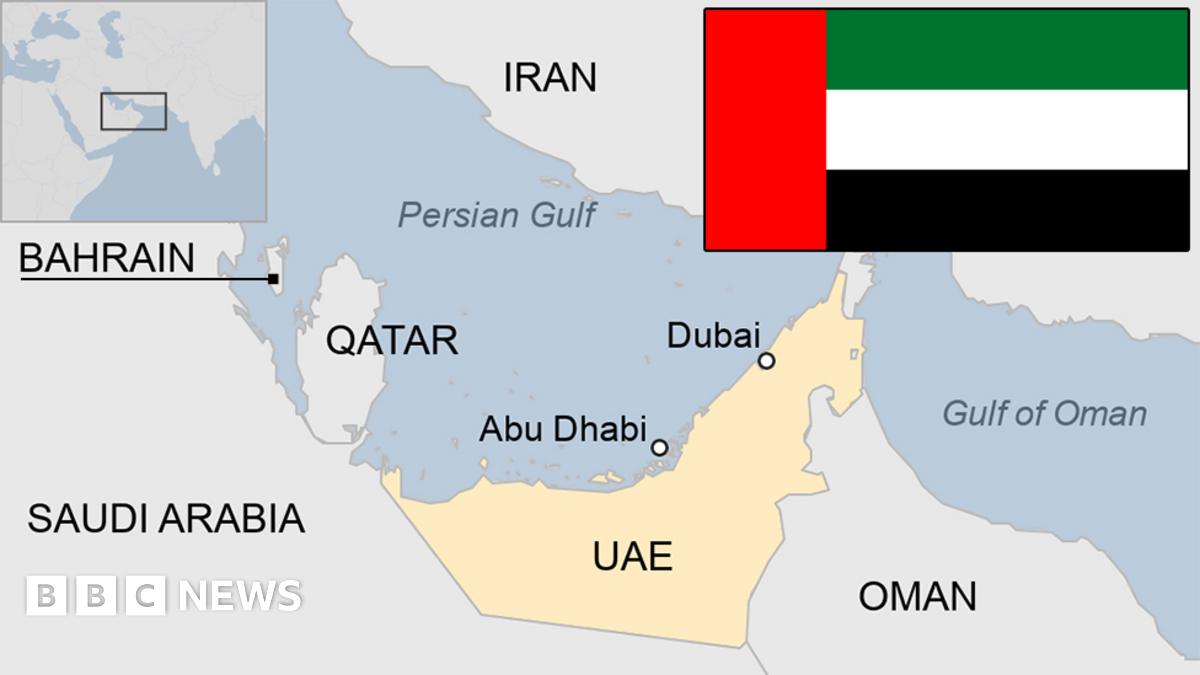
MoHRE officials say the system leverages optical character recognition and Azure AI Vision, cross-checking inputs against databases to flag inconsistencies or forgeries. The move is aligned with the UAE’s Zero Government Bureaucracy strategy and efforts to bolster digital governance. The “Eye” system is one of several AI initiatives launched by MoHRE at its GITEX pavilion.
In unveiling “Eye,” MoHRE’s Acting Assistant Undersecretary for Labour Market Services, Rashid Hassan Al Saadi, described the system as a turning point in service delivery. He emphasised that automated verification will reduce error rates, cut costs, and accelerate permit issuance. He also signalled that the platform’s algorithms will evolve through machine-learning to adapt to changing document types and threat vectors.
The ministry is also introducing Ask Data, an AI-driven tool for its internal staff, which enables users to query a catalogue of API integrations and receive rapid answers to technical or data-access questions. Ask Data taps over 100 system integrations across more than 60 government and private entities, helping MoHRE employees streamline operations and connect data silos.
Another related initiative is the extension of the Work Bundle digital platform to include Domestic Worker Services. Employers can now apply for, renew, or cancel domestic worker visas, schedule medical tests, and complete related formalities—all through a unified interface. This expansion reflects MoHRE’s broader push to consolidate services under single platforms.
Together, these platforms are being presented as components of a coordinated strategy to digitally transform labour market services. MoHRE frames these moves as critical to enhancing competitiveness, improving user experience, and reducing friction in regulatory processes.
Yet challenges remain. Critics caution that algorithmic systems must guard against bias or false negatives, especially where document formats vary by country of issuance. Privacy advocates urge transparency in how facial recognition and identity matching are applied, and insist on audit trails and appeal mechanisms. Some labour law observers warn that faster permit issuance should not come at the expense of rigorous checks or worker protections.
Regional comparisons show a competitive AI governance landscape. Governments across the Gulf are accelerating smart services, but the success of such systems depends on interoperability, data integrity, and public trust. MoHRE’s move positions the UAE among early adopters of AI-driven labour administration.
International companies and recruitment agencies note that speed and predictability in permit processing reduce business risk and transaction costs. For foreign workers and their employers, a streamlined approval system could lower lead times and uncertainty. Yet adoption depends on system stability, accuracy, and success in handling edge or exceptional cases.
Topics
Live News
